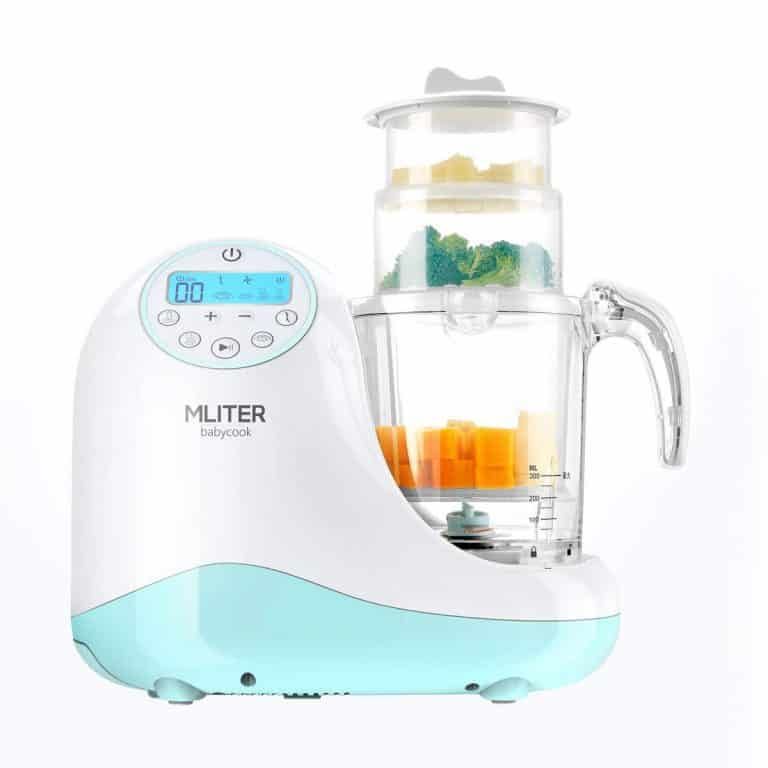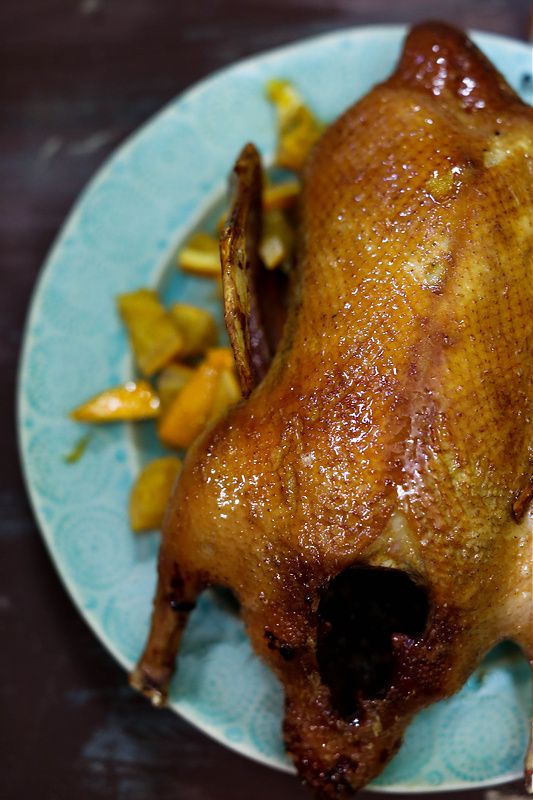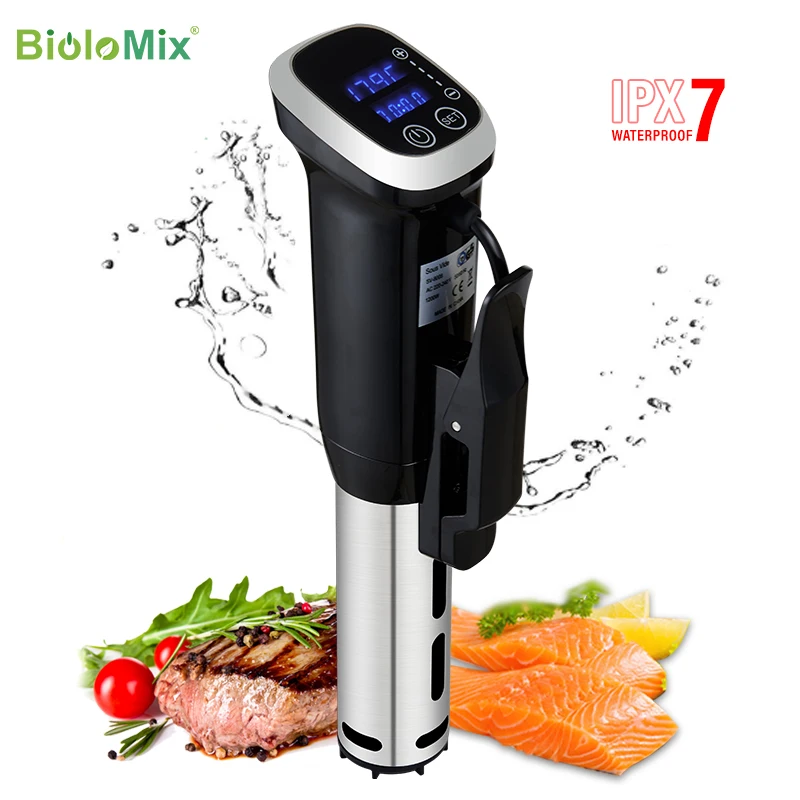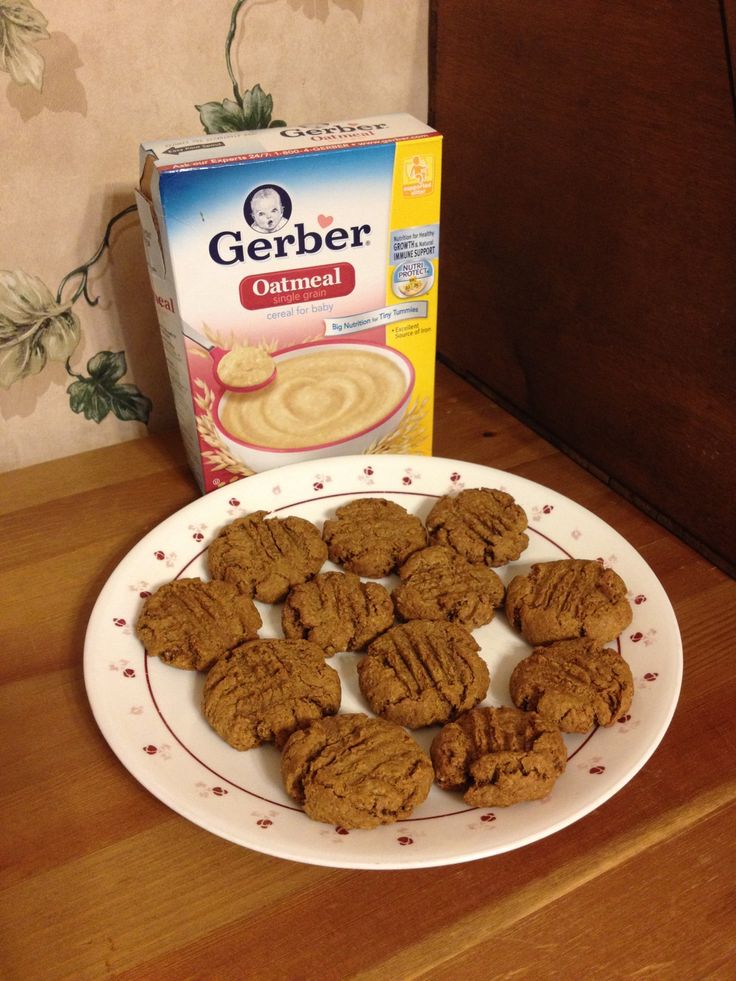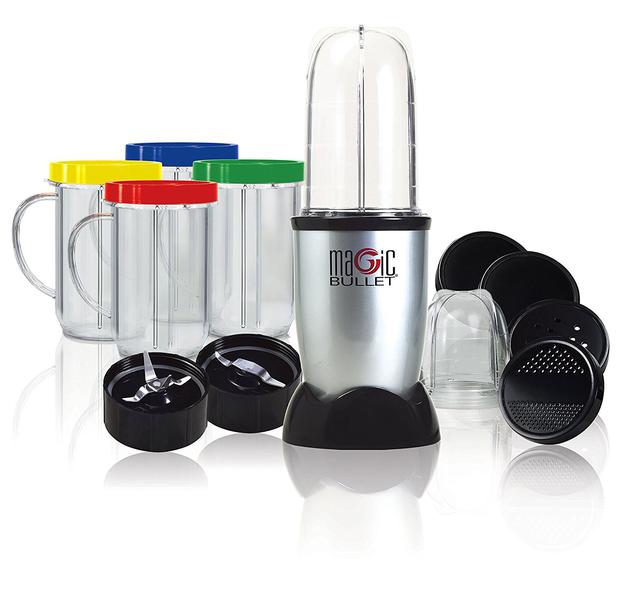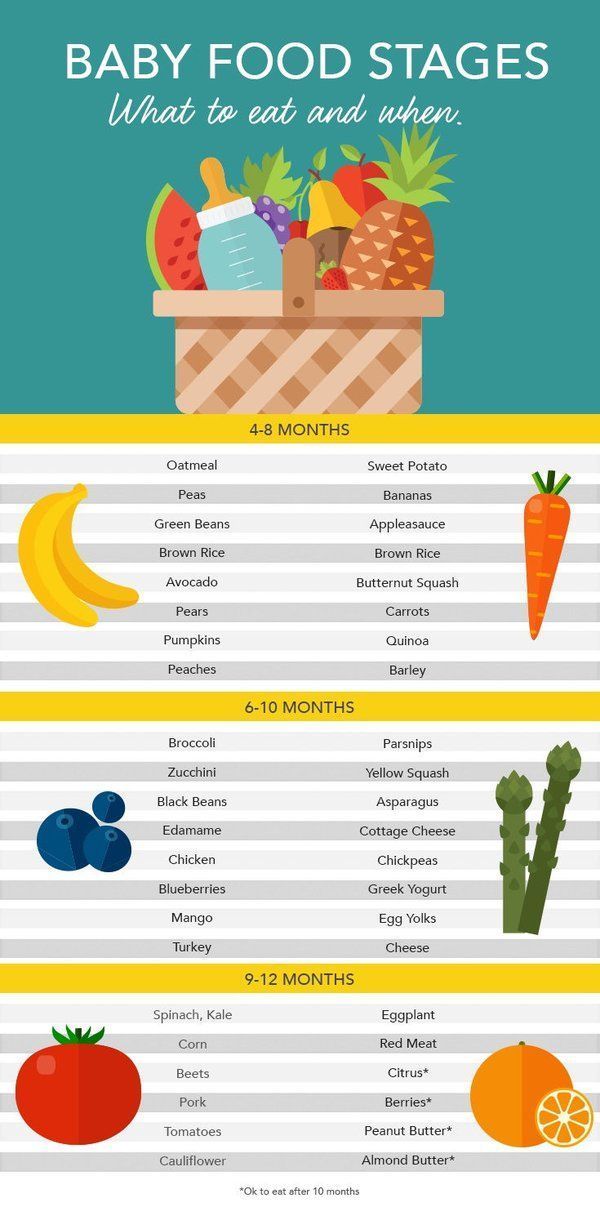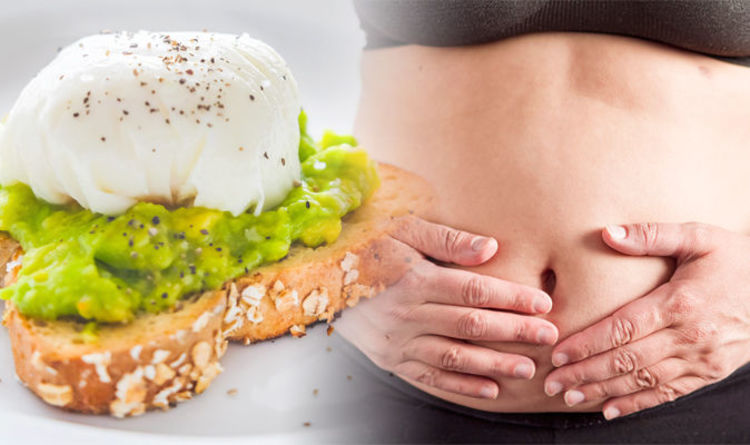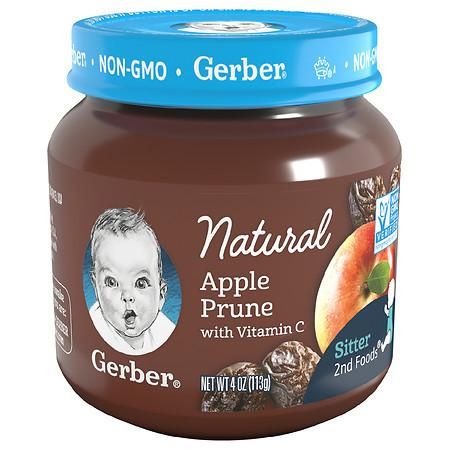Food for mother after baby birth
Pregnancy - After Pregnancy - Postpartum Diet and Exercise
After you have your baby, it is important to take care of yourself and eat nutritious foods.
Diet and Exercise After Pregnancy
If you are breastfeeding, the food you eat helps your baby grow strong and healthy, too. Good eating habits and exercise will help you lose the weight you gained.
Healthy Eating Tips
Eat a variety of foods. Try to eat a balanced diet of fruit, vegetables, grains, protein foods and diary each day. Visit ChooseMyPlate.gov for more information.
Drink plenty of liquids. Your body needs lot of fluid (about 6-10 glasses a day) especially if you are breastfeeding your baby. Drink mostly water, milk, and fruit juice.
Eat foods that have protein such as milk, cheese, yogurt, meat, fish and beans. Protein rich foods are important to help you recover from childbirth and keep your body strong. If you are under 18, or were underweight prior to pregnancy, you need to eat more protein.
Eat your fruits and vegetables. Try to make half your plate fruits and vegetables. Fruits and vegetables have vitamins and minerals that keep you healthy. They also have fiber, which helps prevent constipation. Make sure to wash fruits and vegetables under running cold water before eating them.
Lose weight safely. Talk to your doctor about safely losing weight after your baby is born. Losing weight too quickly can affect your breast milk supply. Do not take diet pills. They contain harmful drugs that can be passed to your baby through breast milk.
Take prenatal vitamins. If you are breastfeeding, it is a good idea to continue to take your prenatal vitamins. Your doctor can prescribe these pills so that your health insurance will cover a portion of the cost.
Limit junk foods. Soda pop, cookies, donuts, potato chips and french fries are okay sometimes, but don’t let them take the place of healthy foods!
Avoid these Foods when Breastfeeding
There are some foods and other substances that can be harmful to both you and your baby if you are breastfeeding.
Alcohol: Wine, wine coolers, beer, drinks like hard lemonade and other malt liquor beverages, shots and mixed drinks contain alcohol that passes to your baby through your breastmilk and can harm your baby’s brain and body development.
Caffeine: Caffeine is a stimulant that passes through breast milk to the baby and may affect growth. Caffeine is found in tea, coffee, chocolate, many soft drinks and over-the-counter medicines.
Swordfish, Shark, King Mackerel and Tilefish: These fish have high levels of a toxin called mercury. Mercury is harmful to your growing baby’s brain. If you eat tuna, it is okay to eat up to 6 ounces of canned tuna a week but make sure to choose light tuna.
Exercise After Pregnancy
Exercise helps you:
- Lose the weight you gained during pregnancy
- Reduce backaches, constipation and bloating
- Lifts your spirits and improves posture
- Helps build muscle tone and strength
- Promotes better sleep
Once your doctor says it is okay to start exercising, there are many ways to be active.
Walking is a great way to exercise because it puts very little stress on your body. Your baby will probably enjoy being walked in a stroller too. Try walking briskly for 20-30 minutes every day or at least 3 times per week. Meet with a friend or other new moms to go walking. It’s good to get out of the house and connect with friends or other new mothers. You will enjoy the chance to talk about your baby or to just be with other adults!
Exercise classes are another fun way to get in shape and sometimes you can find a class that will include your baby. For example, look for a mom and baby yoga class in your area.
The YMCA is a good place to find exercise classes for moms and babies. Some YMCAs offer financial assistance. They may also offer childcare for your baby while you exercise. Find out if you have a YMCA in your area. If you live in the greater Seattle area go to Seattle YMCA.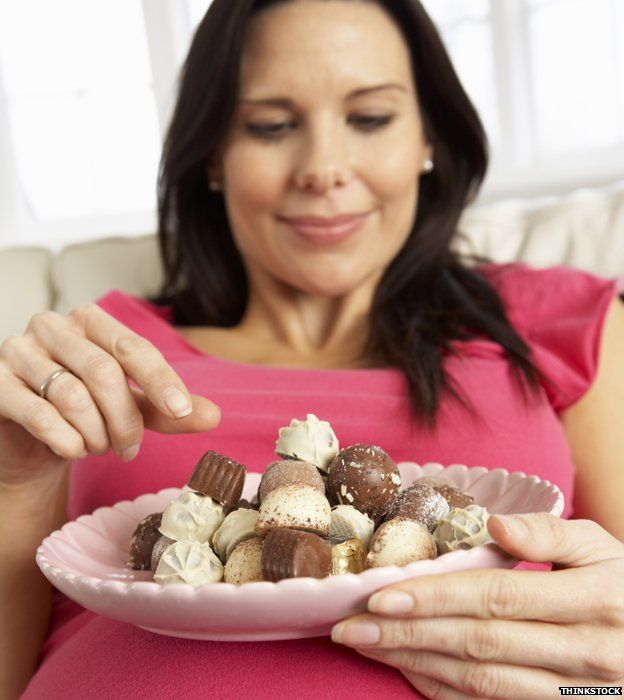
Food and Nutrition for New Moms After Childbirth
Written by Stephanie Booth
In this Article
- How Much Should I Eat?
- Nutrients You Need
- Want to Lose That Baby Weight?
- Foods to Avoid
- Other Nutrition Essentials
For 9 months, the food you ate fueled you and your baby. But after you give birth, your diet is just as important. It helps your body recover and gives you the energy you need to care for your little one.
Know your nutrition needs so you can stay healthy while you bring up baby.
How Much Should I Eat?
In the months after childbirth, most new moms need between 1,800 and 2,200 calories each day. Nursing? You’ll need up to 500 more. If you’re underweight, you work out more than 45 minutes each day, or you’re breastfeeding more than one infant, that number could be higher. Talk to your doctor to figure out the right amount for you and to determine continuation of vitamin supplementation.
Nutrients You Need
Even though you’re not “eating for two,” your body needs to restore a lot of important nutrients.
At every meal, fill half your plate with fruits and vegetables. The other half should include whole grains like brown rice, whole-grain bread, or oatmeal. Try to limit packaged, processed foods and drinks that are high in salt, saturated fat, and extra sugars.
You also need to get enough:
Protein: Foods like beans, seafood, lean meats, eggs, and soy products are rich in protein, which help your body recover from childbirth. Aim for five servings each day, or seven if you’re breastfeeding.
Calcium: You’ll need 1,000 milligrams -- about 3 servings of low-fat dairy -- each day.
Iron: This nutrient helps your body make new blood cells, which is especially important if you lost a lot of blood during your delivery. Red meat and poultry are high in iron. So are tofu and beans. Whether you eat meat or go vegetarian, the daily requirement for lactating women is 9 mg daily for women ages 19 and older, and 10 mg daily for adolescents.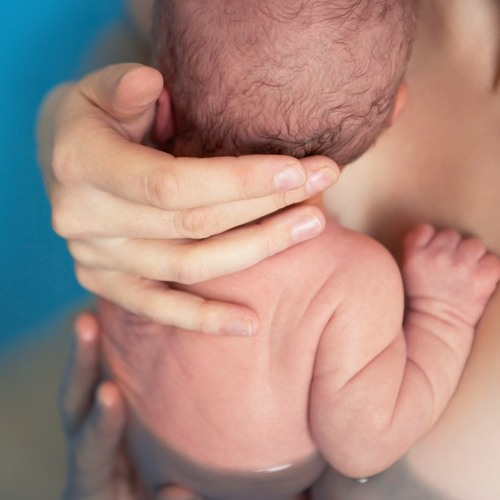
If you had multiples, have a health condition, or are vegan or any specialized diet, check with your doctor. They may recommend supplements.
Want to Lose That Baby Weight?
Most new moms lose about 4.5 pounds of baby weight each month. You may be tempted to go on a diet to speed up the process, but that’s not a good idea. If you get fewer than 1,800 calories, you’ll see a drastic drop in your energy level and mood. If you’re nursing, you can also harm your baby if you don’t eat enough.
The best thing to do is to stick with a healthy, balanced meal plan, and start exercising when your doctor says it’s OK. You can usually start a walking program after about 6 weeks. Take it slow and work gradually back to your pre-baby workout routine.
Foods to Avoid
If you’re breastfeeding, the foods you eat can pass to your baby through your milk. Be careful with:
Alcohol: Experts have different opinions on how much (if any) is safe for a baby and how long you should wait to breastfeed after ingesting alcohol. Talk to your doctor about what’s right for you.
Talk to your doctor about what’s right for you.
Caffeine: Drink more than 3 cups (24 ounces) of coffee or soda a day, and you can upset your baby’s sleep and temperament (they may be irritable).
Some fish: Swordfish, shark, king mackerel, and tilefish are high in mercury, a toxin that is harmful to your baby, so avoid them. Tuna can have some mercury, too. Make sure to only eat the “light” kind and no more than 6 ounces each week.
Other Nutrition Essentials
Keep healthy snacks on hand. If you have fresh veggies and fruit washed and ready to go in the fridge, you’ll likely reach for them rather than chips or cookies.
Stay hydrated. Aim for 6-10 glasses of water each day, whether you’re nursing or not. You can also drink milk and fruit juice.
Ask friends to cook for you. When loved ones ask how they can help, suggest they bring you a healthy dish. In these first weeks after you give birth, you may be too tired to cook.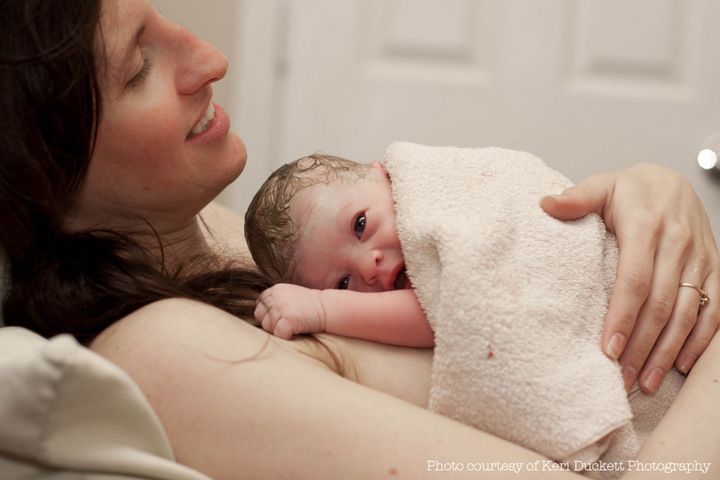
Feeding a nursing mother in the first month after birth: diet
Typical mistakes
Diet for weight loss
The start of lactation is not the right time for a diet. The body burns an additional 500-600 calories daily simply by producing milk. Watch your diet, do not "eat for two", do not eat foods that do not benefit the body. So you will lose the kilograms gained during pregnancy. Then the weight stabilizes.
Skip meals
You need energy now, despite all the difficulties that inevitably arise after the birth of a baby, try to organize your life so that you eat regularly: three times a day plus two small snacks.
Alcohol
After nine months of completely avoiding alcohol, it seems that now the restrictions have been lifted. But you have to wait until the end of lactation. Alcohol quickly passes into milk, changes the taste and does not benefit the baby's health. Alcoholic drinks reduce lactation.
What to eat
A mother's diet immediately after birth should be primarily varied, rich in fruits, vegetables, grains and dairy products.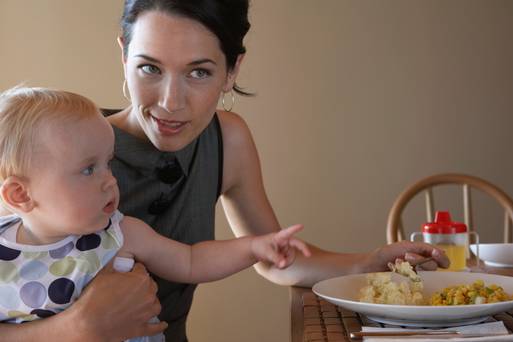 Do not forget that now the baby receives all the "building materials" for the body exclusively from mother's milk.
Do not forget that now the baby receives all the "building materials" for the body exclusively from mother's milk.
Several key vitamins and minerals often deficient in breast milk: iron, calcium, vitamins A, C and D. Pay special attention to foods:
- Iron is rich in meat and egg yolks, as well as legumes (lentils and beans). Iron deficiency leads to anemia, fatigue, whims. And this applies in this case to the mother and to the child. Vegetarian mothers who do not eat food of animal origin are recommended by doctors to take iron supplements, as well as B12, which supports liver function.
- If the baby does not have enough calcium for growth, then he will take it from his mother's body, her bones. They will become brittle and brittle, and the risk of fractures will increase. Make sure you have enough dairy (milk, yogurt, cheese, cottage cheese) and other calcium-rich foods (broccoli, egg yolks, celery, cabbage) in your diet. Remember that in the first six months of breastfeeding, the body should receive 1200 mg of calcium. If you're still not getting enough with food, talk to your doctor about vitamins. In addition to calcium, they must also contain vitamin D in order for calcium to be absorbed.
If you're still not getting enough with food, talk to your doctor about vitamins. In addition to calcium, they must also contain vitamin D in order for calcium to be absorbed.
- Vitamin A is essential for good vision and skin. They are rich in egg yolks, butter and carrots. But carrots are a potentially allergenic vegetable, a woman should eat them carefully during lactation, it is better to start with stewed or boiled in small quantities and watch the baby's reaction.
- Vitamin C improves immunity. There is a lot of it in citrus fruits (lemons, oranges, grapefruits), but these fruits are strong allergens. They must be eaten carefully, watching the baby. And even if there is no allergic reaction, eat no more than one orange or grapefruit per day.
- Drink more water (water, not other liquids). One and a half to two liters a day will allow the body to properly absorb food and function normally.
Diet restrictions
Which foods should be avoided completely and which should be used with caution?
- Caffeine passes quickly into breast milk. Don't drink more than two cups of tea, coffee, hot chocolate, or drinks like Coca-Cola a day. Decoctions of all kinds of herbs and other decaffeinated drinks do not create problems.
Don't drink more than two cups of tea, coffee, hot chocolate, or drinks like Coca-Cola a day. Decoctions of all kinds of herbs and other decaffeinated drinks do not create problems.
- Avoid energy drinks, they often contain substances that are harmful to children.
- Don't binge on sweets - there is no nutritional value, and problems with being overweight can start in mother and child.
- It is best to limit the consumption of fish that have the potential to contain methylmercury. This toxic compound is formed as a result of pollution of the world's oceans and along the food chain algae - plankton - small fish - large fish gets to our table. Excess methylmercury is bad for the body. Most of it in large fish-eating individuals, limit (do not completely exclude) the consumption of tuna, marlin, perch, pike. At the same time, it is impossible to completely abandon fish, since it is rich in essential amino acids (for example, omega-3), which are necessary during this period of baby development.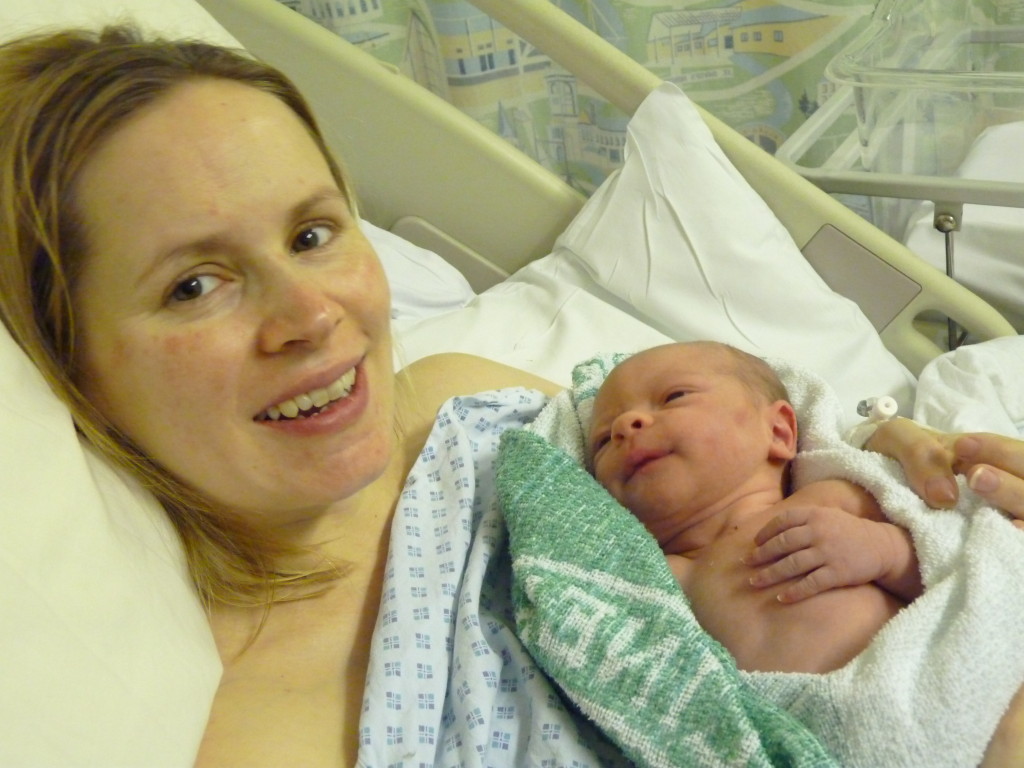
— Another problem that breastfeeding mothers are increasingly facing is food allergies in babies. Doctors have no common opinion about the causes of its occurrence. Someone talks about a genetic predisposition, someone about bad ecology. Anything can be an allergen, from milk to fish. At the very beginning of feeding, introduce each new product with caution and do not eat anything in large quantities. If you notice characteristic irritations and redness on the baby's skin, remember what you ate before feeding. Eliminate this product and the rash will be gone within 48 hours. It is easy to stick to a diet when it comes to one product, such as buckwheat. The life of a mother during lactation is greatly complicated if the child is allergic to milk or gluten. She will have to eliminate all foods with lactose or flour from the diet. Compensate for the lack of nutrients in food with vitamin complexes.
What to eat to get more milk?
There are various superstitions in many countries.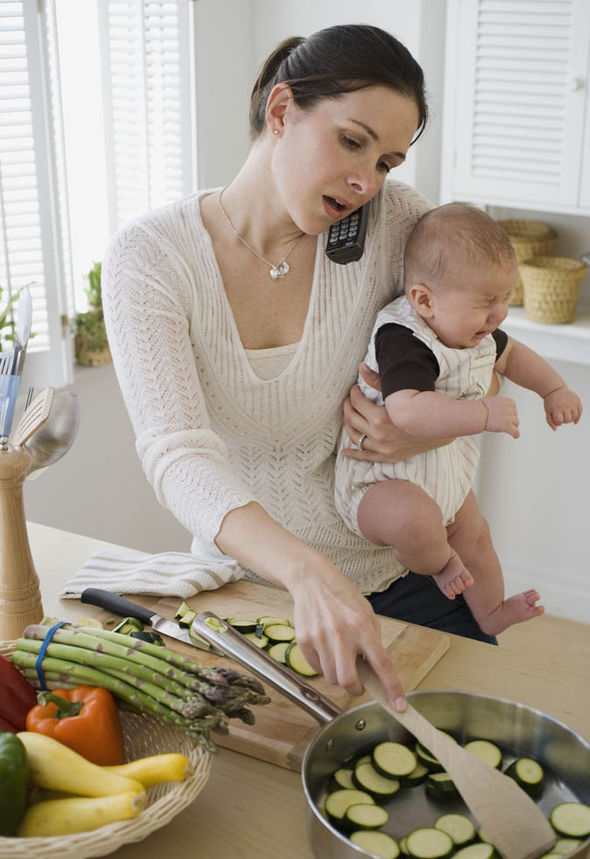 Many believe that oatmeal, almonds, rice, chicken, or milk tea promote lactation. The most common misconception on this topic concerns beer. This is not true, alcohol, on the contrary, reduces "performance".
Many believe that oatmeal, almonds, rice, chicken, or milk tea promote lactation. The most common misconception on this topic concerns beer. This is not true, alcohol, on the contrary, reduces "performance".
And there are no scientific studies that prove that this or that product consumed by a nursing woman increases lactation.
If there is not enough milk, breastfeed more often and make sure that the breast is completely "empty" after each feeding.
Feeding menu
The mother's diet during the first months of feeding should be balanced. Do not lean on one product, it can cause stomach problems in the child.
A woman's daily menu immediately after giving birth must include:
- At least five fruits and vegetables
- Bran bread, durum wheat pasta, rice or other grains or potatoes
- Four dairy products a day
- Meat, eggs or fish once or twice a day
Let's be realistic - in our hectic time it is very difficult to follow all the recommendations of nutritionists. But if a woman usually answers only to herself, then during feeding she is also responsible for the health of the baby, because he receives all the nutrients only from mother's milk. Therefore, nevertheless, listen to the advice of doctors and make your diet more varied, and replace the missing elements with vitamins.
But if a woman usually answers only to herself, then during feeding she is also responsible for the health of the baby, because he receives all the nutrients only from mother's milk. Therefore, nevertheless, listen to the advice of doctors and make your diet more varied, and replace the missing elements with vitamins.
Postpartum nutrition for breastfeeding mothers - Raduga Family Childbirth Center
General principles:
- Modern recommendations for nutrition during lactation do not provide for any serious restrictions. A varied, balanced diet for the mother usually meets the needs of both her and the baby. However, some time-tested recommendations are listed below.
- There is no ideal absolute diet for a breastfeeding mother, all children are different, all mothers are different, all have different microflora in the intestines and, therefore, different substances are absorbed from the same food. In addition, everyone has a different immune system and a different immune response to the antigen-antibody reaction, i.
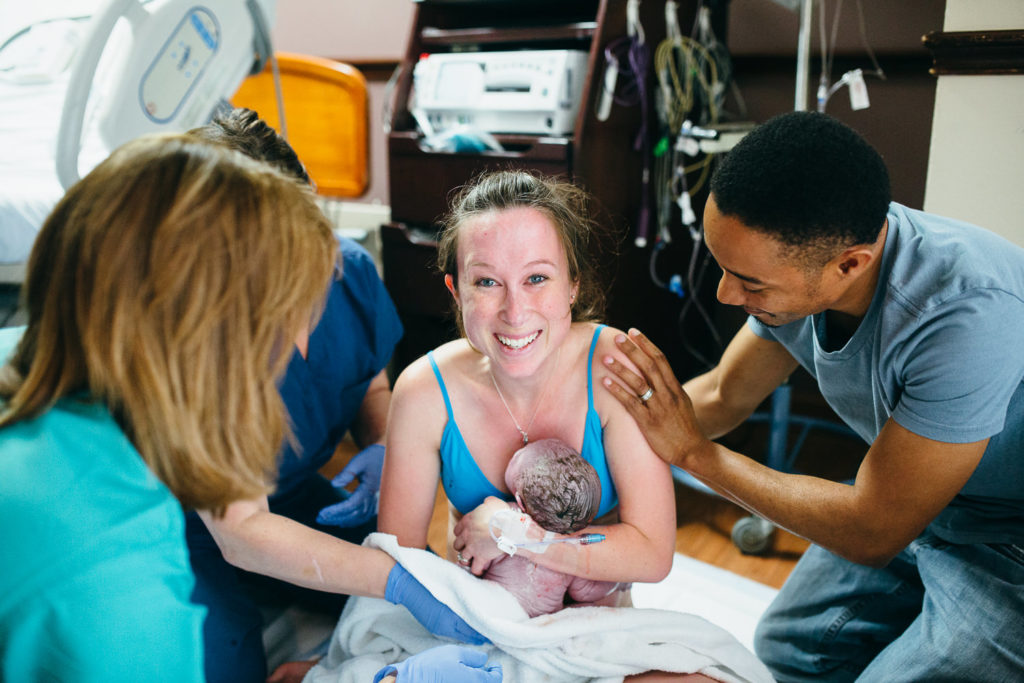 e. for allergens.
e. for allergens. - Each mother chooses her own diet, taking care of her baby's stool, gas formation, and skin condition. In newborns, a skin reaction can occur anywhere on the skin. Later, the following areas of the skin most often react to malnutrition: Cheeks, buttocks, ear region, scalp (crusts), skin of the legs, popliteal and elbow folds.
- We introduce each new food separately so that we can follow the child's reaction. We keep a food diary. Often, children do not react to the first intake of a new food by the mother, but to the second.
- Alcohol is strictly prohibited.
- The ideal diet for Gestational Diabetes. If you followed it during pregnancy, continue until 6 weeks postpartum.
- It is undesirable to use the following products that often cause allergic and intestinal reactions:
- smoked meats, sausages,
- ketchups, mayonnaise,
- canned food, semi -finished products,
- Chicken and fish broths, caviar,
- pyrheasts: pyrheasts, pyrights.
 chocolate, semolina, ice cream, cookies, carbonated sweet drinks,
chocolate, semolina, ice cream, cookies, carbonated sweet drinks, - Cabbage, grapes, strawberries, kiwi, oranges, all factory juices, pumpkin.
If a breastfeeding mother needs any medication, it should only be done after consulting a pediatrician. Relations with medicinal substances should be even stricter than during pregnancy, because. the placenta no longer performs its barrier function.
In the first 2-3 days after childbirth, the diet is approximately the following:
- Buckwheat or oatmeal in water with butter or vegetable oil,
- Toasted bread or dry bread,
- Slice of hard cheese,
- Slice of boiled beef, steamed cutlets, boiled fish, turkey,
- Soups with a small amount of potatoes and carrots
- 2-3 walnuts, 9075 seeds 1 glass of bifido-curdled milk, fermented baked milk or milk, if you drink it at all,
- Cottage cheese without additives, better farmer's,
- Liquids up to 2 liters: nettle infusion, chaga infusion, shepherd's purse infusion, still mineral water, green tea.


